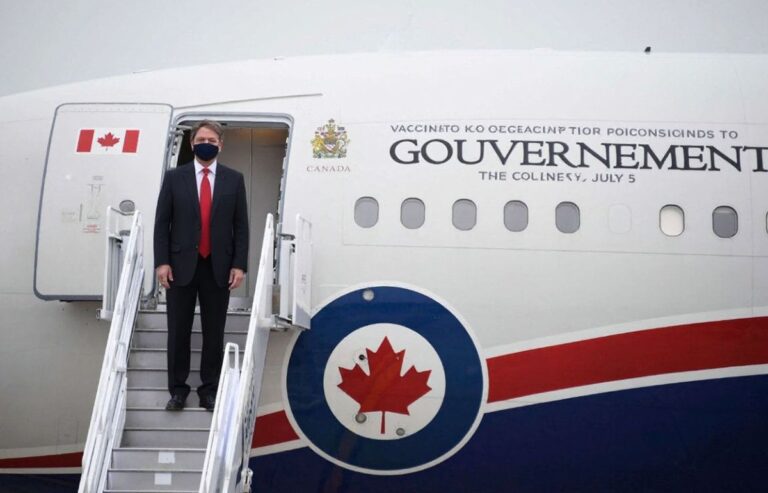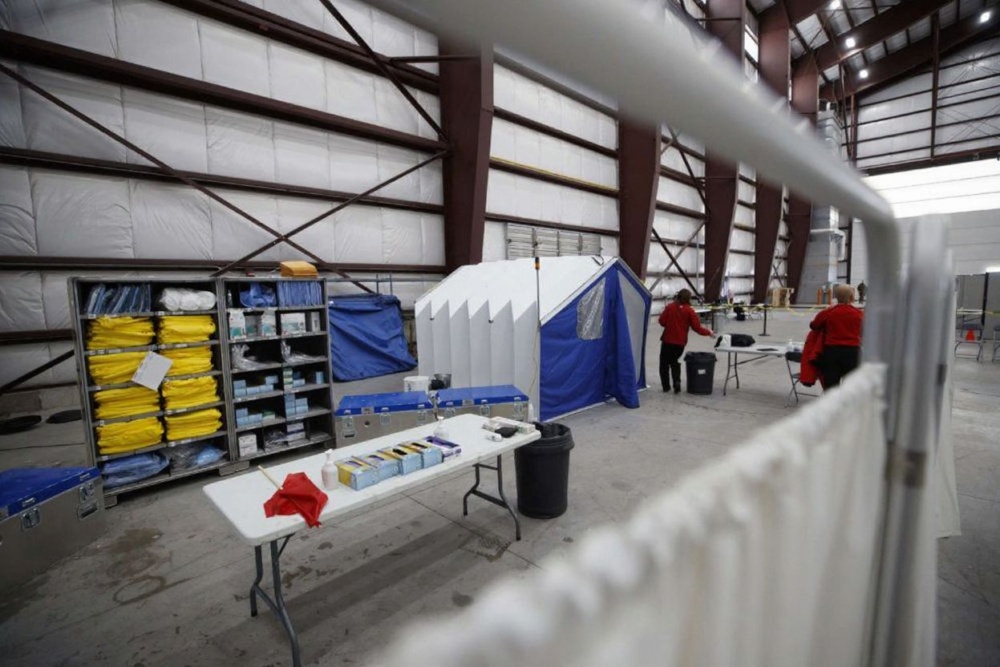
Canada’s quarantine rules now exempt fully-vaccinated international students if they test negative for COVID-19 upon arrival, according to the latest guidelines for the country’s phased reopening. Canada will relax its border measures beginning July 5, at which point fully-vaccinated travellers permitted to enter the country will no longer need to complete hotel quarantine.
Here’s what you need to know from the update announced on Monday, June 21.
Canada’s phased approach for easing border restrictions begins July 5 at 11:50 p.m. EDT. It is based on public health measures, scientific evidence, vaccination rates, and the epidemiological situation in Canada.
Learn more: https://t.co/PgfEWpXNvz #Covid19 pic.twitter.com/ckypxisHD4
— Health Canada and PHAC (@GovCanHealth) June 21, 2021
Canada’s quarantine rules: Two, instead of three tests
Without having to quarantine in Canada, students no longer have to perform an additional COVID-19 test on the eighth day. Instead, they will only have to test for the virus twice — once three days before arriving in Canada, and another time upon arrival. After confirmation of a negative result on your second test (which should take under three days), you are free to begin your life in Canada.
Bear in mind, only permitted travellers are required to enter Canada. This includes Canadian citizens or permanent residents and their family members; permit holders and certain international students; and new permanent residents as of March 18, 2020. International students in Canada will still be able to enter the country with a valid visa, despite the extension of its border closure until July 21.
What about students who are not vaccinated? Well, they may still enter, but will be required to test thrice (pre-departure, upon arrival, and on the eighth day) and quarantine in Canada.
 Canada’s quarantine rules now require all travellers touching down in Canadian airports to take a COVID-19 test, and provide a negative test result from the past three days.
Canada’s quarantine rules now require all travellers touching down in Canadian airports to take a COVID-19 test, and provide a negative test result from the past three days.
Get vaccinated to ease Canada’s quarantine rules
To be considered fully vaccinated, you must have received the complete dose of a vaccine accepted by the Canadian government at least 14 days before arrival. Right now, this includes Pfizer, Moderna, Johnson & Johnson, and Astra Zeneca vaccines. You must then bring along with your proof of vaccination in English or French, containing date of vaccination and what brand you received.
Besides the mandatory COVID-19 tests, students must also electronically submit all COVID-19-related information on the ArriveCAN app, or online at the Canada.ca/ArriveCAN website. According to Prime Minister Justin Trudeau’s indication, this will lead to a second phase involving a globally-recognised national certification status.
So vaccinated, asymptomatic travellers will no longer be required to quarantine in Canada — but you should still come prepared with a quarantine plan, in case you test positive or run into other complications that delay the result of your second test. Although there is no existing vaccination mandate for international students in Canada, more DLIs may soon require students to be vaccinated to access certain on-campus privileges.










